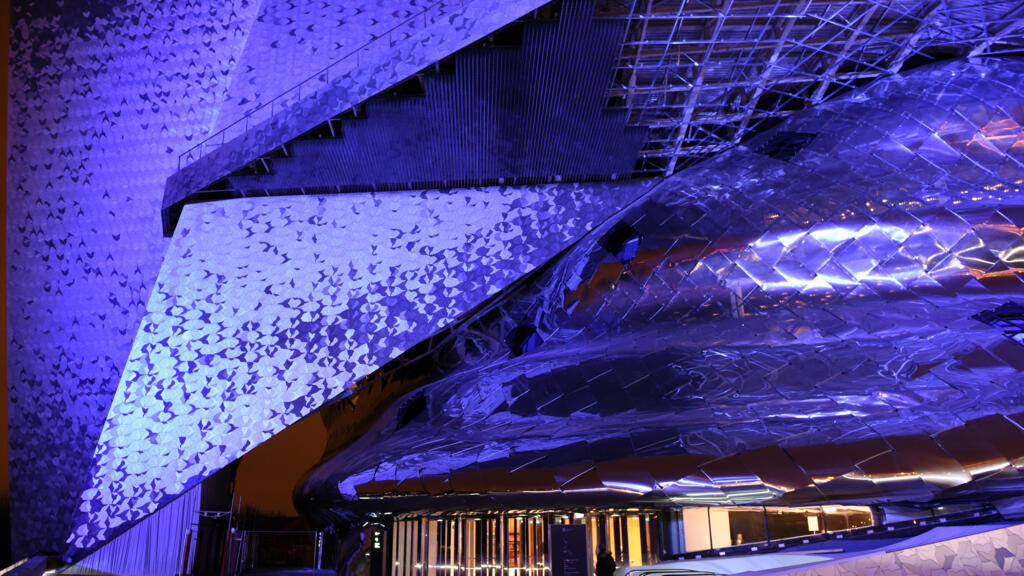On a recent Friday, French authorities announced the detention of four individuals following a protest that disrupted a performance by the Israel Philharmonic Orchestra in Paris. This disruption is part of a larger wave of protests in France and around the world, fueled by escalating tensions and growing outrage regarding Israel's military actions in Gaza and the occupied West Bank.
The concert, held at a prominent venue in Paris, saw an unexpected and intense interruption as demonstrators expressed their dissatisfaction with the current situation in the region. The background of this protest is rooted in a complex and ongoing conflict, which has intensified over the last two years. Reports from various human rights organizations indicate a significant increase in military operations and civilian casualties in both Gaza and the West Bank, further inflaming global sentiments against the actions of the Israeli government.
The protests, including the one at the concert, are indicative of a broader societal discontent with the Israeli-Palestinian conflict and the humanitarian crises that arise from it. In recent weeks, there has been a notable surge in public demonstrations across Europe, particularly in cities with significant populations that support Palestinian rights. The outcry has frequently focused on the plight of civilians in Gaza, where heavy bombardments and military incursions have led to tragic loss of life and extensive property damage.
As the performance of the Israel Philharmonic Orchestra continued, the atmosphere turned chaotic as protesters voiced their dissent. The actions taken by the authorities to detain those involved in the protest reflect a tightening stance against disruptive demonstrations in France, particularly those that target cultural events associated with contentious political issues. This incident symbolizes the intersection of art and politics, where cultural events become the stage for voicing political grievances.
The detention of four protesters highlights the ongoing tensions within France regarding its domestic handling of international conflicts, especially as protests over foreign wars and humanitarian crises become more frequent. France, known for its rich cultural landscape, has recently faced challenges in balancing its commitment to free expression with maintaining order during such protests. The challenge lies in acknowledging the right to protest while ensuring public safety and the smooth operation of cultural events.
In light of the ongoing situation, public and political reactions in France may evolve. There are anticipated discussions on freedom of speech, the right to protest, and how to appropriately respond to such public demonstrations, especially those that center around highly charged geopolitical issues. The growing frustration among the populace about international conflicts may continue to spur similar events until significant resolutions are achieved.
Overall, the protest against the Israel Philharmonic Orchestra serves as a microcosm of the broader issues concerning the Israeli-Palestinian conflict and the response perceived by citizens in France. It illustrates how cultural expressions can become arenas for political statements, and how deeply rooted sentiments can surface in public spaces, reflecting the complexities of global human rights discussions.












